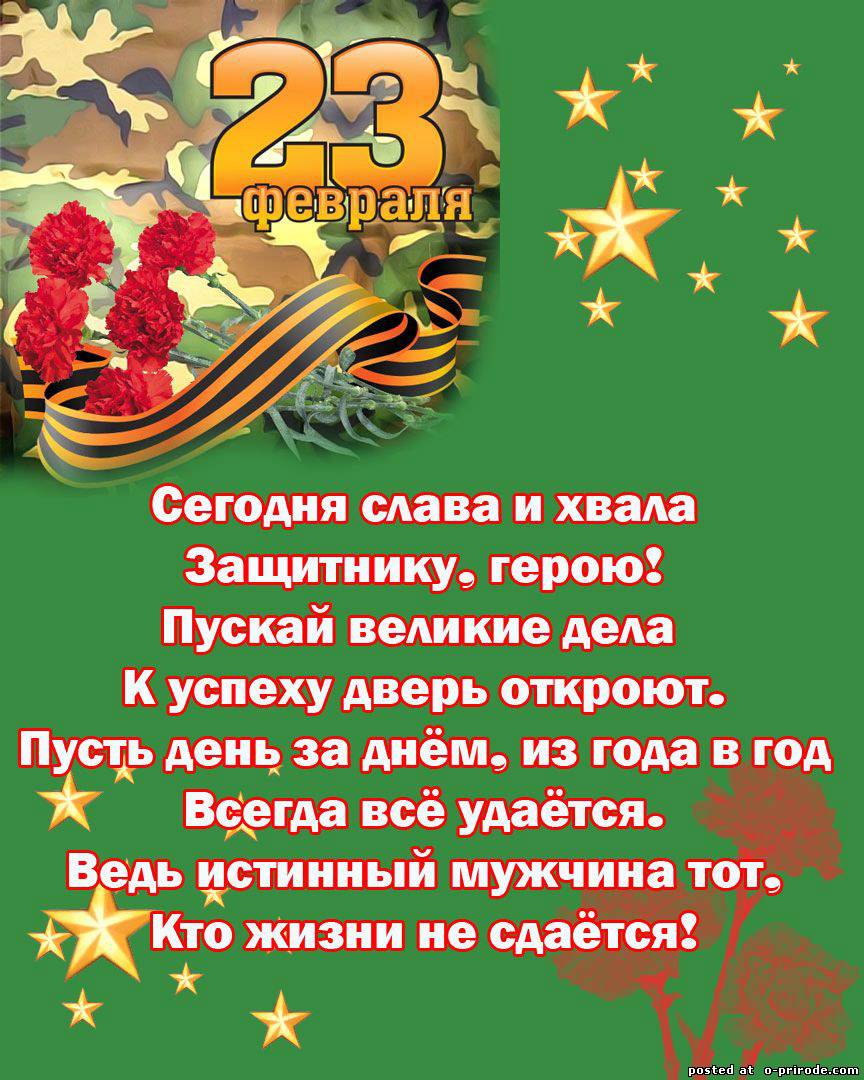 |
Исполнители Безопасность заказов и сделок Время на проверку работ |
 |
|
|
|
|
|
АнглийскийЗДРАВСТВУЙТЕ!!! ЭТО УЖЕ ГОТОВАЯ РАБОТА, КОТОРАЯ БЫЛА СДАНА БЕЗ ЗАМЕЧАНИЙ.ЕСЛИ ОНА ВАС ЗАИНТЕРЕСОВАЛА, ЗАРЕГИСТРИРУЙТЕСЬ НА САЙТЕ И НАПИШИТЕ МНЕ В ЛИЧНЫЕ СООБЩЕНИЯ СО ССЫЛКОЙ НА РАБОТУ!! СТОИМОСТЬ РАБОТЫ - 550 руб ТАКЖЕ ПРИ НЕОБХОДИМОСТИ МОГУ ВЫПОЛНИТЬ ИНДИВИДУАЛЬНУЮ РАБОТУ ПО ВАШИМ ТРЕБОВАНИЯМ! КАЧЕСТВО ГАРАНТИРУЮ! 1. Read the text and translate it orally. RUSSIA’S FOREIGN TRADE Through most of the 20th century, Russia’s, or the USSR as it was known for most of that century, trade with the outside world was mostly limited to trade with other members of the Socialist Bloc. It was self-sufficient in energy resources and primary goods. Its manufacturing industry was for domestic consumption only. Foreign consumer goods simply didn’t exist. Investment fr om abroad was not encouraged because the government wanted full control of production and prices. But things have changed. The Russia of the 21st century is much more open to business with the rest of the world. In the first six months of 2005, its total international trade turnover was worth about $ 150 billion. Both exports and imports have grown in recent years, but exports are growing more rapidly in value. This is mainly through the sale of oil and gas. In fact, energy resources make up over two thirds of Russia’s exports. The growing price of these commodities on world markets has brought huge amounts of foreign currency into the Russian economy. Metals are also important for the Russian economy. Russia’s steel industry, for example, is one of the world’s biggest. Other primary goods such as timber, minerals and fish are also important. The value of trade isn’t the only thing that has changed. There have been changes in Russia’s trading partnerships, too. In the old Soviet days, and even in the years that followed the fall of communism, Russia’s main trading partners were other communist countries that used to be known as the COMECON (Council for Mutual Economic Assistance) countries. In the early 1990s, for example, Russia still had trade agreements to export energy resources to many former Soviet republics. As oil prices increased, however, many of these countries found it difficult to pay for Russian oil, and exports fell. At the same time, trade with other parts of the world, especially the European Union began to grow. Communist ties have not all been broken, though. One of Russia’s most important trading partners is China. But what does the future hold for the economy? The danger for Russia is that it relies very heavily on exports of oil, gas and minerals. Prices for these commodities can change suddenly on the world markets. What does Russia have to fall back on? At the moment, not very much. Its industrial sector is mostly run down and uncompetitive. During the Soviet years, a large part of the country’s industrial strength was used to produce arms. Today, military equipment and weapons are still the biggest manufactured exports fr om Russia. It has to import almost all other manufactured goods. Many economists believe that Russia must spend its oil money on investing in capital and infrastructure for industry. Doing this will encourage foreign investment and further economic growth. In turn, this will help to spread the benefits of growth to everyone in Russia, not just a privileged elite. COMPREHENSION Now read the text again and decide whether these statements are true or false. If the statement is false, correct it in the space provided. 1. During the Soviet times, Russia did not trade with other nations. 2. The value of exports is growing faster than the value of imports. 3. Metals are Russia’s largest export. 4. Many of Russia’s old trading partners cannot afford its prices any more. 5. Russia no longer trades with communist nations. 6. Weapons are Russia’s biggest export. 7. Economists believe that Russia needs to invest more in its manufacturing industries. 3. Complete each sentence with a word or phrase from the box. arms, broke ties with, domestic consumption, fall back on, infrastructure, open to, privileged elite, run down, Socialistic Bloc, the future holds, turnover. 1. Factories become ... if management don’t look after buildings and invest in new equipment. 2. Nobody really knows what ... but you should make plans anyway. 3. Many countries make lots of money selling ... like tanks and guns to foreign armies. 4. In the West, the communist countries of the USSR were called the ... 5. When he left the company, he ... all his old colleagues. 6. It’s good to have some savings to ... during hard times. 7. The company was very ... my proposal for a new range of products. 8. Most of the wealth in modern industrial countries is owned by a small .... 9. Products for ... are only sold in the country wh ere they are made. 10. The ... means the roads, railways, power and communication networks that industry needs. 11. The ... of our new products has been very high and we have gained a good income from them. 4. Translate into English. Check your translation with the text. 1) Как экспорт, так и импорт выросли за последние годы. 2) Так как цены на российскую нефть выросли, многим странам оказалось трудно платить за неё и экспорт упал. 3) На протяжении 20-го века торговля России с внешним миром ограничивалась торговлей с членами социалистического блока. 4) Энергетические ресурсы составляют свыше двух трети экспорта России. 5) Инвестиции из-за рубежа не поощрялись, потому что правительство хотело полного контроля над производством и ценами. 6) В советские годы основные силы промышленности были направлены на производство оружия. 5. Answer the following questions about Russia’s economy. Start with given phrases. 1. What do you think are Russia’s main exports and imports? Russia’s main exports and imports are ... 2. Wh ere do you suppose most goods that you buy in Russian shops these days are made? Most goods that you can buy in Russian shops these days are made in .... 3. Do you have any idea which is Russia’s strongest industry today? Russia’s strongest industry today is .... READING 1. Read the text and translate it orally. CONTEMPORARY RUSSIA: THE FALL AND RISE OF THE MARKET ECONOMY A recent survey compared the cost of living for expatriates in cities around the world. Not surprisingly, the top ten most expensive cities included Tokyo, London and New York. But more expensive than any of these was … Moscow! Less than two decades ago, Moscow was the heart of the world’s biggest planned economy. There was no property for sale back then. The state-run shops had few consumer goods. Shortages for simple things like shoes were common. Today, things could not be more different. Moscow is the centre of a free market with some of the highest property prices in the world. The state-run shops have been replaced by expensive shopping centres and designer stores. But the change has not been easy. The figures for Russia’s real gross domestic product since 1991, when the economic reforms began, show that the economy has been on quite a roller-coaster ride. In 1991 GDP was over $350 billion. That fell dramatically year after year until 1998, when GDP was just over $220 billion. However, the situation improved again from ’98. In fact, Russia’s GDP increased steadily year after year from 1999 until 2006 when it reached around $740 billion. What caused such a change of fortunes? Changing over to a completely different economic system could never be painless. The Russian government of the early 1990s decided to use a shock therapy approach. They introduced severe fiscal and monetary policies. The government drastically reduced its spending. It cut subsidies to its crumbling state industries. Interest rates and taxes were raised. Government price controls on nearly all consumer goods were lifted. Only prices for staple goods like food and energy remained controlled by the government. New laws were introduced to allow private ownership and businesses to exist. All of these measures were intended to create conditions for a market economy to grow. However, they also caused great hardship for ordinary people. Most workers at that time were on fixed incomes. The measures caused the cost of living to rise, but their salaries did not rise at the same rate. To make matters worse, events in the banking system in 1992 caused the money supply to balloon. This resulted in hyperinflation levels of 2,000%. Despite Russia’s enormous reserves of oil and gas, the economy went into a long and difficult depression. Finally, in 1998, when an economic crisis hit the East Asian Tigers, oil prices began to fall around the world. For Russia, it turned a depression into an economic crisis. However, from 1999, world oil prices began to rise again. Mostly with money earned from energy exports, Russia began to pay off its foreign debts. Inflation fell and the value of the rouble stabilized. The economy was recovering. GDP grew steadily year after year, and foreign investors began to show confidence in investing in the country. Moscow’s place at the top of the list of the world’s most expensive cities is not enviable. However, it is a clear sign that the Russian economy has survived a difficult time. Expatriates - эмигранты on quite – полностью GDP (per capita) - ВВП (на душу населения) drastically – решительно; радикально hardship – трудности, лишения; муки, тяготы жизни to balloon – быстро увеличиваться, расти enviable - завидный COMPREHENSION Now read the text again and match each paragraph with the correct heading. PARAGRAPH 1 ..... PARAGRAPH 2 ..... PARAGRAPH 3 ..... PARAGRAPH 4 ..... PARAGRAPH 5 ..... A. Recovery B. Drastic measures C. Ups and downs D. Hard times E. Then and now 3. VOCABULARY Match the words and phrases with the definitions. 1. expatriate A. very high inflation 2. consumer goods B. financial help from the government for a business 3. state-run C. change 4. hardship D. something that other people want 5. reform E. managed by the government 6. severe F. very strict or cruel 7. subsidy G. basic things like food that everyone needs 8. crumbling H. to grow very big very quickly 9. staple goods I. things that people buy but don’t really need 10. fixed incomes J. falling apart or collapsing 11. to balloon K. very difficult times – poverty 12. hyperinflation L. someone who lives and works away from their home country 13. enviable M. salaries or pensions that do not grow with inflation 14. stabilise N. become steady, unchanging 4. Translate in writing 1. In Moscow in the 1990s, state-run shops with few consumer goods were replaced by expensive shopping centres. The city has become one of the most expensive cities in the world. 2. At the beginning of the 1990s the Russian government used a ‘shock therapy’ approach. Severe fiscal and monetary measures were introduced. Government controls over prices for all consumer goods except for staple goods were lifted. 3 In the period before the crisis, taxes and Interest rates were raised and subsidies to state. Industries were cut. Events in the banking system caused the money supply to balloon. 4. The Soviet Union traded mainly with the Comecon countries. Primary products and energy resources were traded under full control of foreign trade prices. 5. Russia’s foreign trade turnover has been rising lately with exports growing in value much faster than imports. 6. Russia exports primary products: oil, natural gas, timber, metals, steel, fish. Oil and gas make up about two-thirds of Russia’s exports. 7. Most manufacturing industries are uncompetitive and run-down. That is why it is necessary to invest oil money in infrastructure and capital. для покупки работы нужно авторизоваться
Для продолжения нажмите Войти, Регистрация
|
|
| Программистам | Дизайнерам | Сайты | Сервис | Копирайтерам | Файлообменики | Заработок | Социальная сеть | Статистика |
|
|
|
|
|
|
файлообменниках |
программа |
|
|


